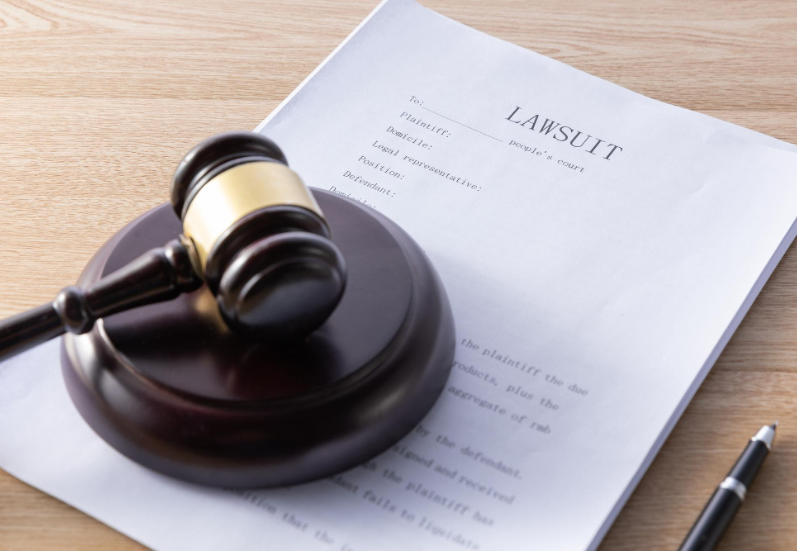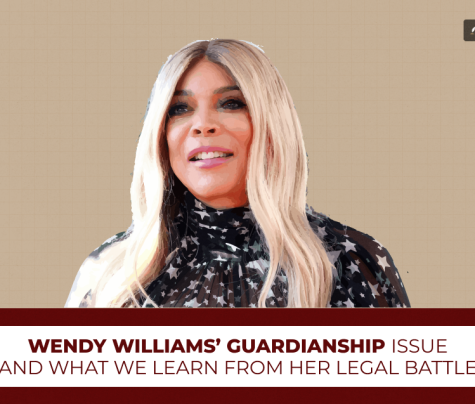
How do class action settlements work? With class action lawsuits, individuals and groups with similar claims can seek justice against organizations or companies.
Here, if the claims are valid in a case, it does not go to trial. Rather, it ends in a settlement. Basically, the company or the organization compensates the affected people.
If you are filing a class action, you will need to understand the process. This is because it its overwhelming to understand how these settlements work. So, let’s discuss everything about class action lawsuit settlements. Also, you will be able to get an idea of what happens after an agreement is reached.
What Is a Class Action Lawsuit?

In a class action lawsuit, there is one or more than one plaintiff. In general, the plaintiff will be able to file a lawsuit on behalf of a group (also called a class). Also, after the class wins a lawsuit, the members of the class share the proceeds from the judgment or settlement.
Basically, a class action lawsuit is a legal course. Primarily, the plaintiff brings a lawsuit forward so that it benefits a larger group of people. This is probably because they are affected by the actions of a business or an organization that they are filing a lawsuit against. This other business or organization is the defendant in the lawsuit.
When filing for the lawsuit, the class or the group of people needs to attest against the defendant. However, they must decide on a lead plaintiff who will fight the case in court.
One of the best things about class action lawsuits is that it offers a good way for individuals to pursue their claims. This is because suing as a group helps to deal with the legal expenses better. Once the plaintiff or the group wins the case, the settlement is paid out among the members of the class.
How Do Class Action Settlements Work?
Starting class action lawsuits is the same as taking other legal actions. Here, a group of plaintiffs files complaints against a common defendant. In the same way, both parties must respond to each other’s court filings and provide evidence supporting their standings.
However, if a class files several similar actions, the lawsuits are organized into multidistrict litigation. In addition to that, the plaintiff must always prove that the group of people they’re representing is accurate and that they are a suitable representative.
Generally, people harmed by a company or institution’s actions file those lawsuits. They are valuable for protecting consumers because they ensure the law holds those companies accountable for their damage.
For instance, the Roblox lawsuit alleges that the company violates the RICO Act. Also, the state consumer protection laws target underage children with gambling websites. This lawsuit has already attracted much attention.
In the same way, money realized from a class action lawsuit may need to go to thousands or even millions of people. While the overall settlement may be substantial, the individual award may be small. Class action lawsuits often cover issues relating to:
- Product defects
- Dangerous drugs
- Data breach
- Civil rights
- Employment
- The environment
- Fraud
- Consumer protection
What Happens After a Class Action Lawsuit Reaches a Settlement?
Settlements are quite common in class action lawsuits when courts grant class certifications. It is uncommon for these lawsuits to go to trial. In addition to that, the settlements must return to the court since its approval is crucial in this case.
Apart from that, once these lawsuits settle, the court reviews the agreement to check its fairness. Moreover, after the preliminary approval, a notification process starts. Here, the court informs all the affected individuals of the settlement terms and their rights.
The class members can accept, object to, or opt out of the settlement. Once the court approves, the settlement administrator processes the claims and shares the funds.
The payout timeline can be different, sometimes for several months, due to claims validation and appeals. A settlement conference may speed up the process. However, in other cases, funds may be allocated to other things, such as:
- Administrative costs
- Legal fees
- Charitable organizations
If everything is proper and the settlement is finalized, the case is officially closed. However, this entire process takes time. Despite that, these settlements offer resolutions to affected individuals while avoiding the uncertainties of a trial.
Who Gets the Largest Share in a Class Action Settlement?
Not all participants receive equal compensation in a class action lawsuit. Lead plaintiffs, attorneys, and individuals with the most significant damages usually take the largest shares in these settlements. Here is why each party receives a bigger sum.
1. Lead Plaintiffs
In general, lead plaintiffs (also called class representatives) usually receive incentive payments for their roles. Basically, they initiate the lawsuit and represent the group. Also, this payment acknowledges the time and effort they invested in the case. These plaintiffs handle depositions and court appearances and participate in negotiations.
2. Attorneys
Class action lawyers also receive substantial parts of the settlement. Their fees, usually a percentage of the total, range from 25% to 40%. These fees cover the following:
- Legal research and investigation
- Consultation and expert witness fees
- Deposition costs
- Travel expenses
- Court filing fees
- Administrative costs
3. Claimants with Greater Damages
Individuals with the most significant damages may also receive more compensation. This only applies if the settlement structure considers individual losses. In this case, those who suffered more financial losses, injuries, and other measurable damages may get a larger share than those with minor damages.
How Much Must You Expect From a Class Action Lawsuit?
In general, a class action lawsuit settlement can be of millions of dollars. However, each person’s settlement amount will differ as per a variety of factors. For instance, these factors include the total settlement amount, the number of claimants, and the severity of the damages.
In most cases, class members receive modest payouts. However, these sometimes range from a few dollars to a few hundred dollars. This is common in consumer class action lawsuits involving minor damages, such as defective products and false advertising.
Nevertheless, if a case involves serious harm, such as medical injuries, financial fraud, or environmental damage, it warrants higher payouts. In addition to that, individual settlements may even be as high as thousands or tens of thousands of dollars.
The size of the settlement fund is another important factor in how much claimants receive. Also, the payouts may be relatively small if a lawsuit settles for millions but has hundreds of thousands of claimants.
On one hand, some settlements are designed to compensate claimants based on their level of damage. Apart from that, others offer equal compensation for everyone. Hence, you will need to ensure that you expect realistically since compensation may be somewhat disappointing.
Are Settlements From Class Action Lawsuits Taxable?
Interestingly, the nature of the compensation determines whether a class action lawsuit settlement is taxable. Primarily, the Internal Revenue Service (IRS) considers most settlement payments taxable, but exceptions exist.
However, if the settlement is for punitive damages, lost wages, or interest payments, it is taxable as ordinary income. For instance, if a lawsuit compensates individuals for financial losses or underpaid wages, the settlement is subject to income taxes.
On the other hand, settlements for illnesses or physical injuries are not taxable if they come from a personal lawsuit. Also, if your class action lawsuit compensates for medical conditions caused by environmental exposure, defective drugs, or other physical harm, you do not need to owe taxes on those funds.
In some cases, part of the settlement may be taxable. Interestingly, some parts of the settlement are not taxable at all. In this case, you will need to report the taxable portion separately. In addition to that, if you want to ensure compliance, consider working with a tax expert to review the settlement documents.
Do You Want to File a Class Action Lawsuit?
Now, you know how do class action settlements work. In fact, most class action lawsuits end in agreed-upon settlements. In general, it might take months to complete the process and disburse payouts. Also, there are problems of legal fees, administrative costs, and individual damages that may affect the amount claimants receive.
However, settlements for non-physical damages may be taxable. On the other hand, settlements for physical damages are not typically taxable.
Hence, you need to keep in mind these factors before you agree to file a class action lawsuit.
Read Also:
- Walmart Class Action Lawsuit: The $45 Million Lawsuit That Has Shaken the Industry
- Depo Provera Lawsuit: Updates About the Brain Tumor Lawsuit Against Pfizer
- Generational Equity Lawsuit: The Class Action Settlement That Cost $275k!











0 Reply
No comments yet.